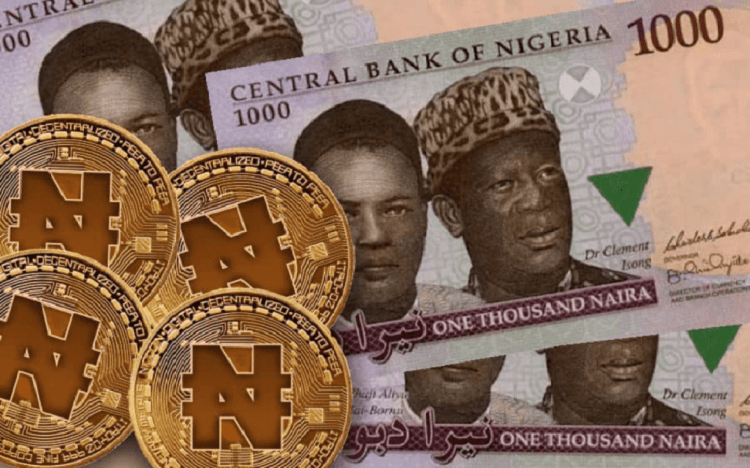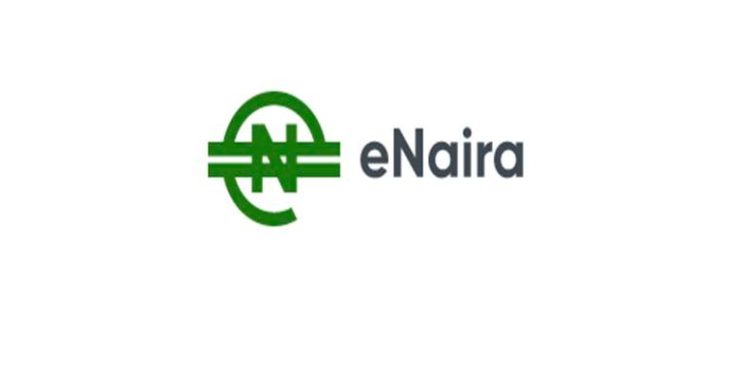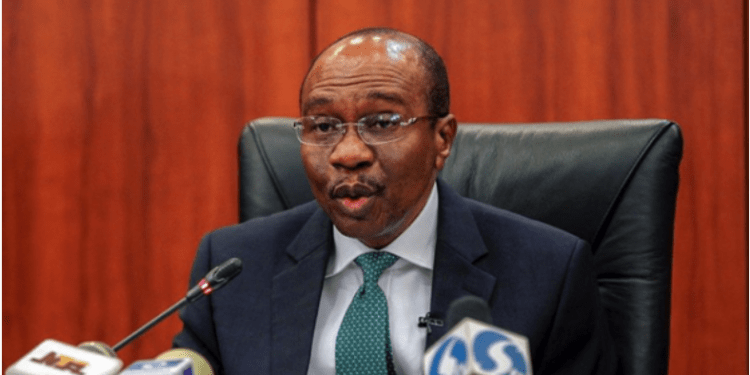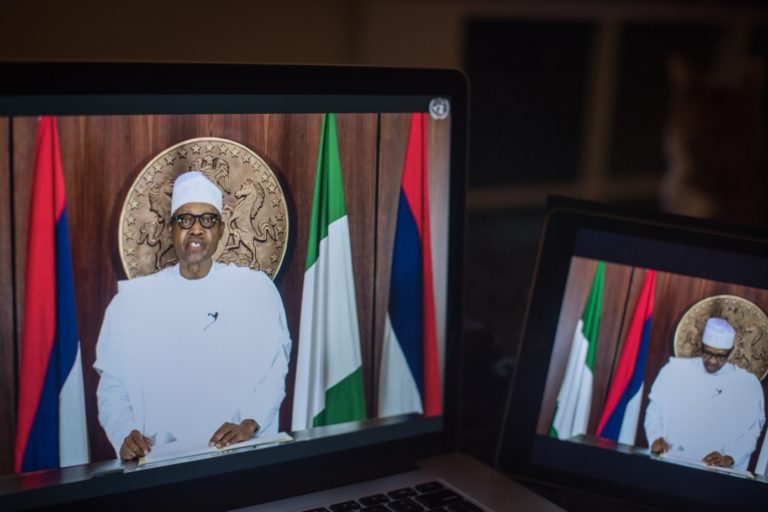Nigeria’s digital currency, eNaira registers around 10% P2P transactions in 3 months

Nigeria became the first African country to adopt a digital currency, the eNaira, in October 2021. Three months later, only 10% of digital currency transactions have been peer-to-peer transactions.
This was revealed by Godwin Emefiele, Governor of the Central Bank of Nigeria, at the first MPC meeting of 2022.
According to a Nairametrics report, the eNaira has gradually gained acceptance among Nigerians since its official launch in October 2021. However, 90% of eNaira wallet transactions have been from individuals to banks and vice versa.
A rise in eNaira P2P transactions would have indicated that residents are increasingly using the currency for daily transactions, but this has not occurred.

Only 10% of digital currency transactions have been transferred between people-to-people (p2p) and people-to-merchants (p2m), indicating that citizens are hesitant to conduct business with one another.
Despite these discouraging acceptance figures, the governor of the Central Bank of Nigeria (CBN) has stated that the eNaira is being gradually adopted.
“Nigerians have gradually accepted eNaira as a rapid and reliable method of exchange since its inception around three months ago,” he said.
“We spent the last three months observing and monitoring the system and resolving issues primarily related to initial onboarding,” he continued, “and as you will notice, we spent the last three months observing and monitoring the system and addressing issues primarily related to initial onboarding.”
Digital currency for the Banked

According to the governor of the central bank, the current deployment of the eNaira is intended for banked Nigerians.
He went on to say that the BVN is included as a requirement to prevent fraudsters from breaking into the system.
“We believe that you must have a BVN and an account to access it, and we also believe that this has imposed some type of limitation on people’s onboarding with BVN and the rest of them,” he added. “However, we believe that using the BVN is the best way to prevent fraudsters from gaining access to the system.”
The majority of the complaints received focused on potential users’ inability to sign up for and activate the e-wallet due to a discrepancy in BVN enrollment information.”







